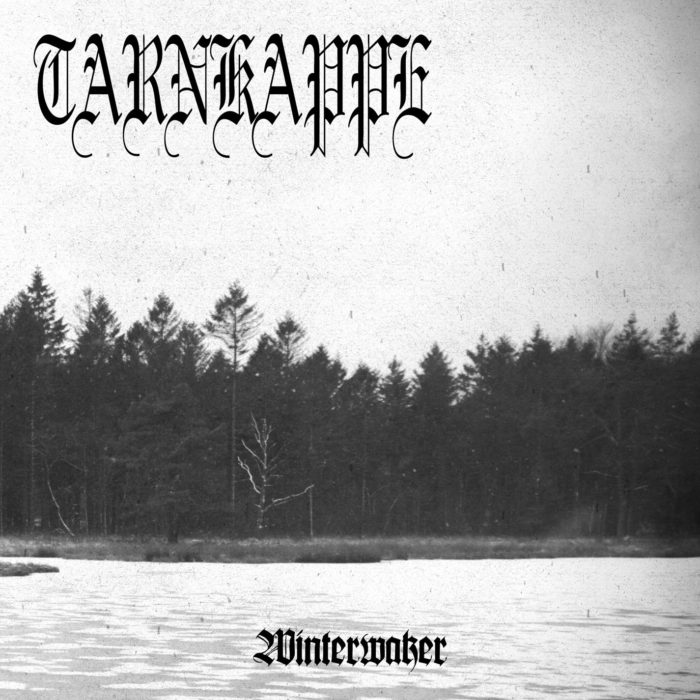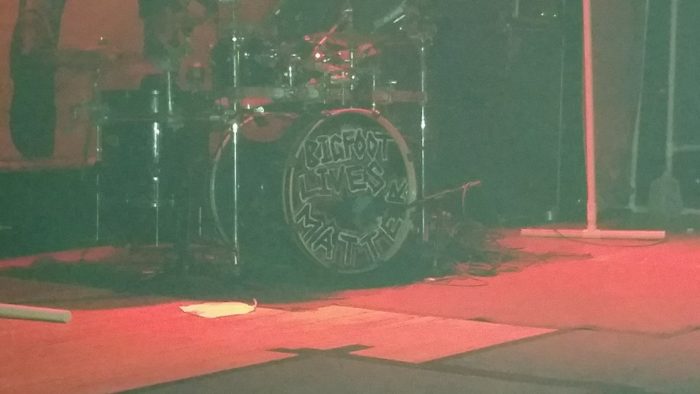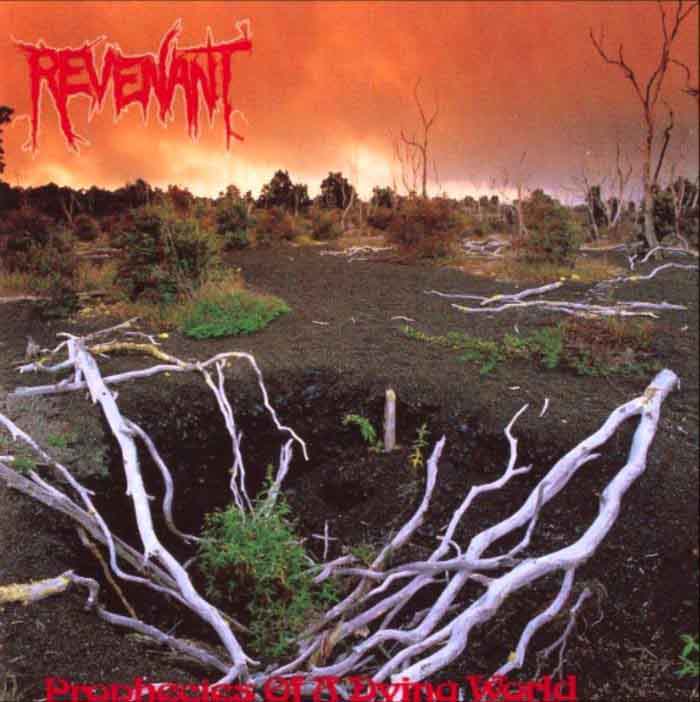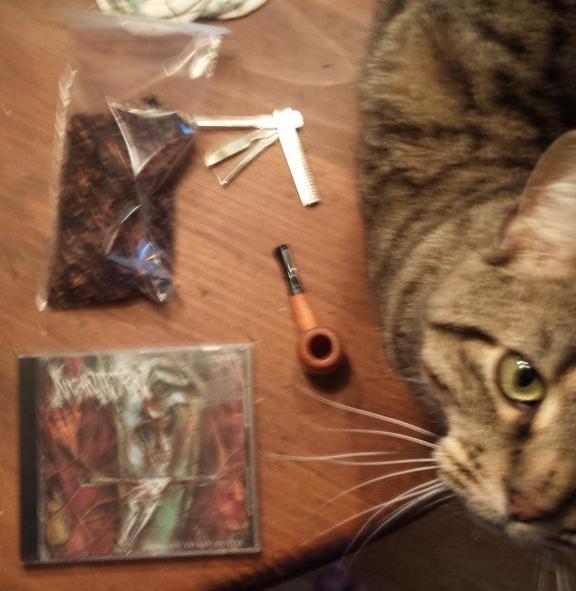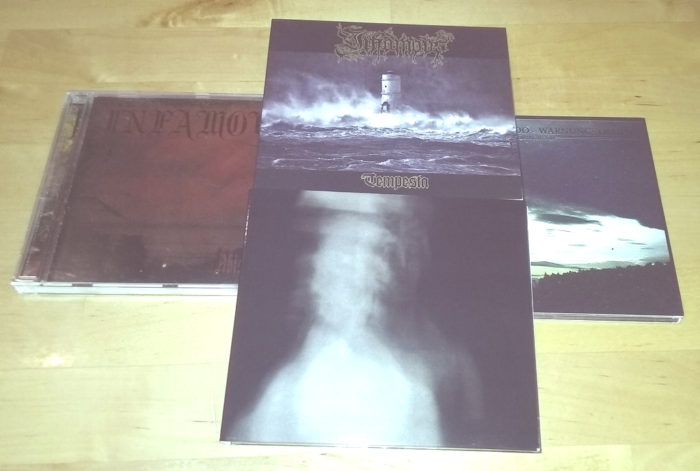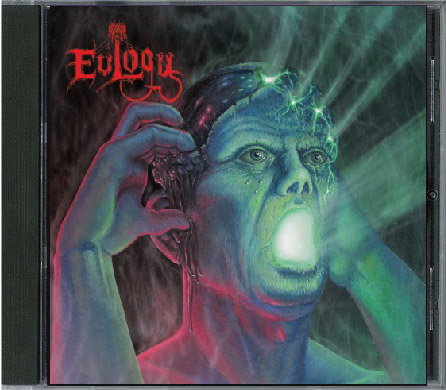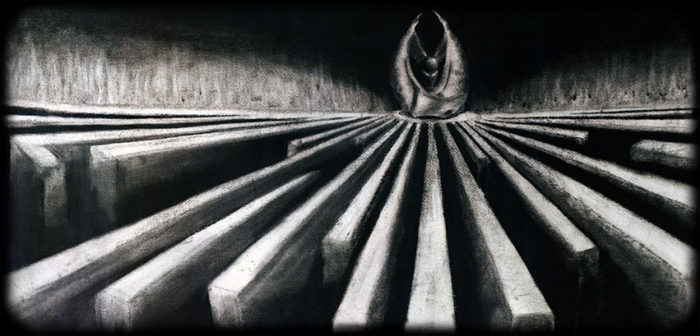Dutch insurrectionary black metal band Tarnkappe has released both of its albums on CD as a bundle for those who appreciate black metal that stays true to the late-90s form of the band, which is equal parts later Darkthrone and Zyklon-B.
9 CommentsTags: Black Metal, Dutch black metal, hammerheart records, sodomy, tarnkappe, the netherlands, War Metal, winterwaker
